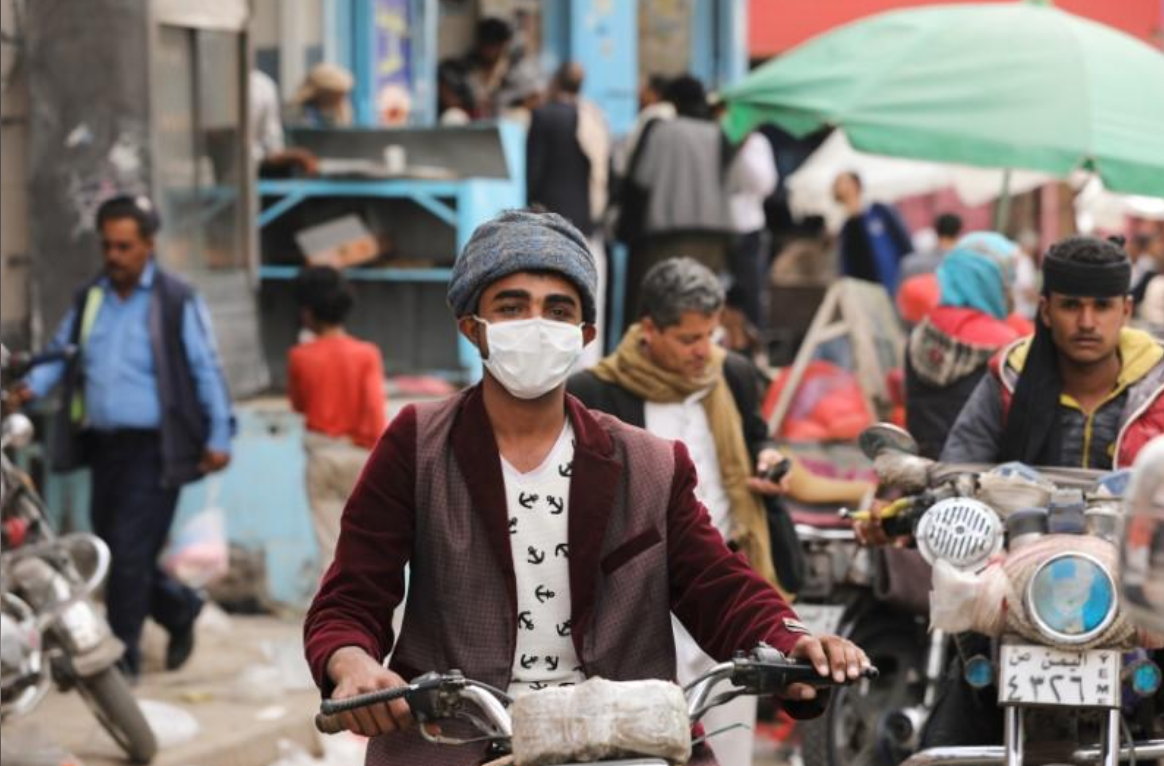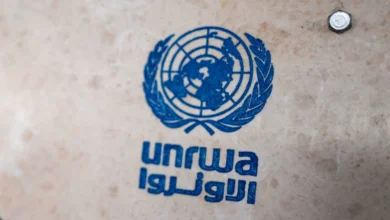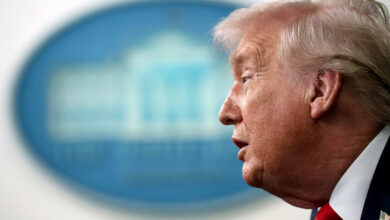
ADEN (Reuters) — Yemen reported its first case of the novel coronavirus on Friday as aid groups try to prepare for an outbreak in a country where war has shattered the health system and spread hunger and disease.
The news came after a nationwide ceasefire prompted by the virus pandemic began on Thursday. A Saudi-led coalition fighting Yemen’s Houthi movement announced it would halt military operations for two weeks, though the Houthis have yet to agree.
The case was diagnosed in the southern oil-producing region of Hadhramout, the supreme national emergency committee said.
“The individual is stable and receiving medical attention,” it tweeted.
The sufferer was a Yemeni working in the small commercial port of Ash Shihr, a local official told Reuters.
If the virus spreads in Yemen, the impact would be “catastrophic”, as the health status of at least half the population is “very degraded” and the country does not have sufficient supplies, capabilities or facilities, its UN humanitarian coordinator, Lise Grande, said on Thursday.
Authorities ordered the closure of Ash Shihr port for a week for deep cleaning and instructed workers there to isolate at home for two weeks, according to a directive seen by Reuters.
They also imposed a 12-hour nightly curfew in all Hadhramout districts starting from six pm Friday until further notice. Civil defense vehicles near the port were ordering people through loudspeakers to stay home, residents said.
The World Health Organization said it was providing support to Yemen’s Ministry of Public Health and Population. “We are following the case and its contacts to assess the level of exposure,” Yemen representative Altaf Musani said.
Funding cuts
Yemen has been mired in violence since the Iran-aligned Houthi movement overthrew the government in the capital, Sanaa, in late 2014, prompting the Saudi-led coalition to intervene. The Houthis still control Sanaa and most large urban centers.
The five-year-old conflict has killed more than 100,000 and pushed millions to the brink of famine.
The World Food Program said on Thursday it would halve the aid it gives to people in Houthi-controlled areas from mid-April after donors cut funding over concerns that the group was hindering aid deliveries. The WFP feeds more than 12 million Yemenis a month, 80 percent of them in areas held by the Houthis.
The US Agency for International Development, a major donor, said two weeks ago it had started to reduce aid to Houthi areas.
The US State Department’s top diplomat for the Middle East told reporters in a teleconference on Thursday that the onus was on the Houthis to ensure the flow of humanitarian aid.
“It would be productive, especially during the time of COVID, if the Houthis started abiding by standard international best practices for humanitarian assistance,” said David Schenker, assistant secretary for Near Eastern affairs.
“We encourage them to, one, join the ceasefire; and two, to end their problematic humanitarian practices.”
___
Reporting by Mohammed Ghobari, Lisa Barrington, Humeyra Pamuk and Samar Hassan; Writing by Ghaida Ghantous; Editing by Clarence Fernandez and Gareth Jones
Image: A man wears a protective face mask as he rides a motorcycle amid fears of the spread of the coronavirus disease (COVID-19) in Sanaa, Yemen March 16, 2020. Picture taken March 16, 2020. (REUTERS/Khaled Abdullah)




